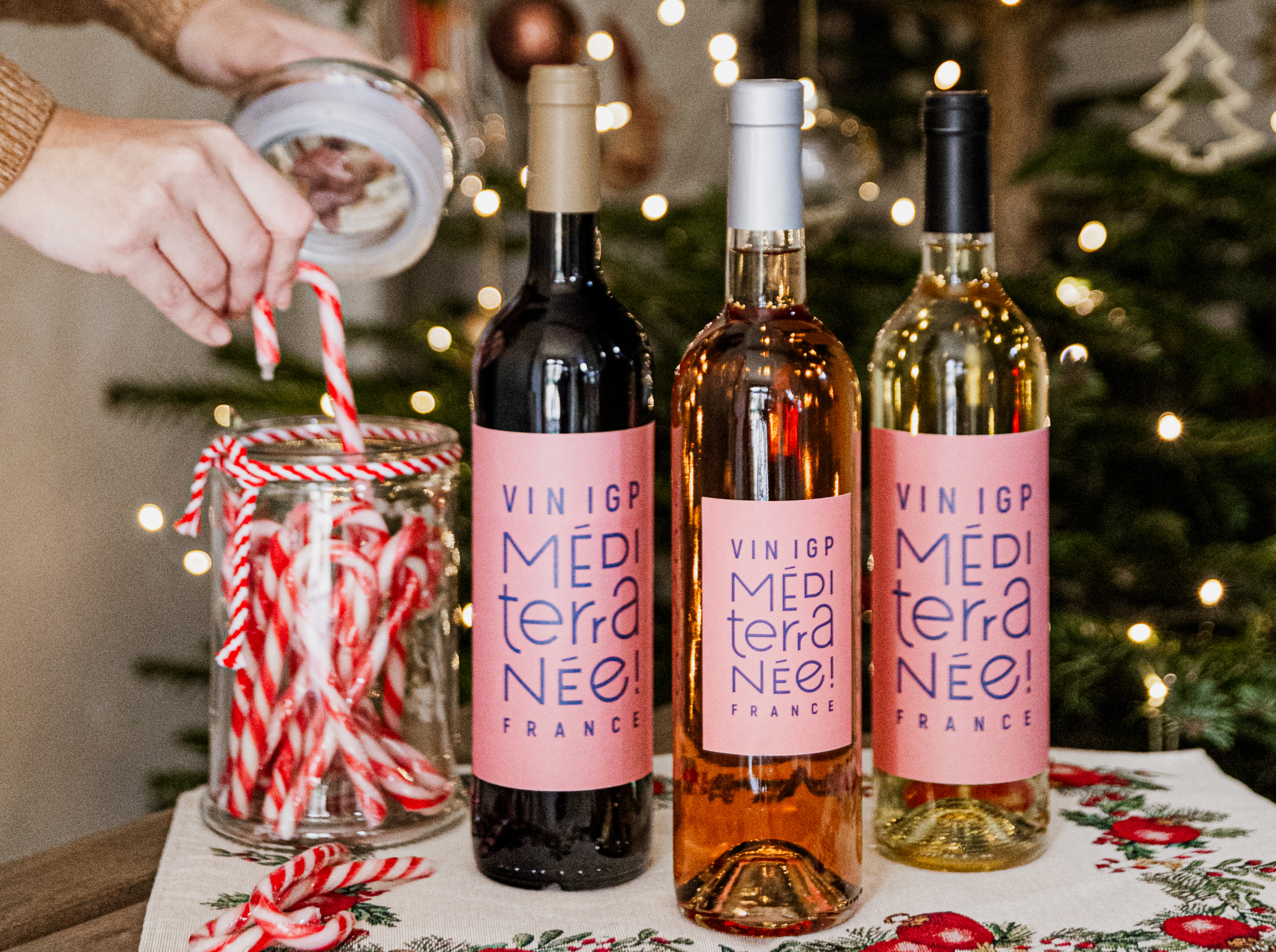Vinventions accelerates environmental drive
Wine closures Vinventions has announced it is accelerating its environmental improvement initiatives to drive fundamental change in the manner by which their products are produced and used by the wider wine industry.
The measures are designed to ensure sustainable consumption and production patterns and are fully aligned with the United Nations’ Sustainable Development Goals, it said.
The measures range from minimizing its carbon footprint and utilizing natural resources, to boosting recycling efforts to create a circular economy.
Speaking to the drinks business last month, CEO Vinventions’ president & CEO Dr. Heino Freudenberg said there had been a “dramatic” shift in thinking about sustainability in recent years, arguing that it had become a “competitive necessity” which called on everyone in the industry to come up with strong, technical, powerful industrial solutions that are repeatable, scale-able and reliable.
“Sustainable high performance has always been a goal for us at Vinventions,” he said. “It’s not a ‘hippy, ‘I-created-my-jumper-myself’ thing, we are really serious.”
As part of its measures, the company has boosted its initiatives to minimize carbon footprint and natural resource utilization (including water and non-renewable raw-materials) associated with their products, for example since the launch of Nomacorc Green Line, which uses bio-polymers derived from sugarcane-based, Vinventions has reduced its CO2 emissions by more than 12,000 tons. Because the sugarcane absorbs CO2 from the atmosphere the products has a very low to no carbon footprint.
It is also moving to reduce food loss through consistent, TCA-taint-free wine closures, which is supported by specialized oenological equipment and services designed to improve overall wine quality. It claims that these measures have already saved more than 300 million bottles from spoilage over the last 15 years.
As part of the move to use chemicals responsibly, it is set to replace polyurethane glue across all its products, following the relaunch of SÜBR, which it claims is the world’s most sustainable micro-agglomerated closure, utilizes natural cork in combination with a binder derived from natural sources.
Partner Content
The company is also working to become a circular economy.
Freudenberg told db it was a very important step. “We have to become circular, not just with wine closures but with more and more of our products,” he said. “The aim is to have a second life usage that is as close to the first as possible.”
As part of this, the company has recently partnered with 500 Nicolas stores across France to collect the Nomacorc PlantCorcs™ as well as synthetic closures, in order to recycle them and produce wine-related products and new closure from recycled ones.
“Polymer-based products are among the most sustainable solutions if they are sourced from renewable raw materials and if they are reused or recycled,” says Michael Blaise, VP Sustainability at Vinventions
Freudenberg said the company was “pretty close” to solving this important problem and that once it had cracked it, the costs of second life products would come down.
“That is the art of recycling… and we’re pretty close. Next year should see the first Normacorc products that are made from Normacorc products.”
“It’s very exciting, we are finding sustainable answers,” he said.




